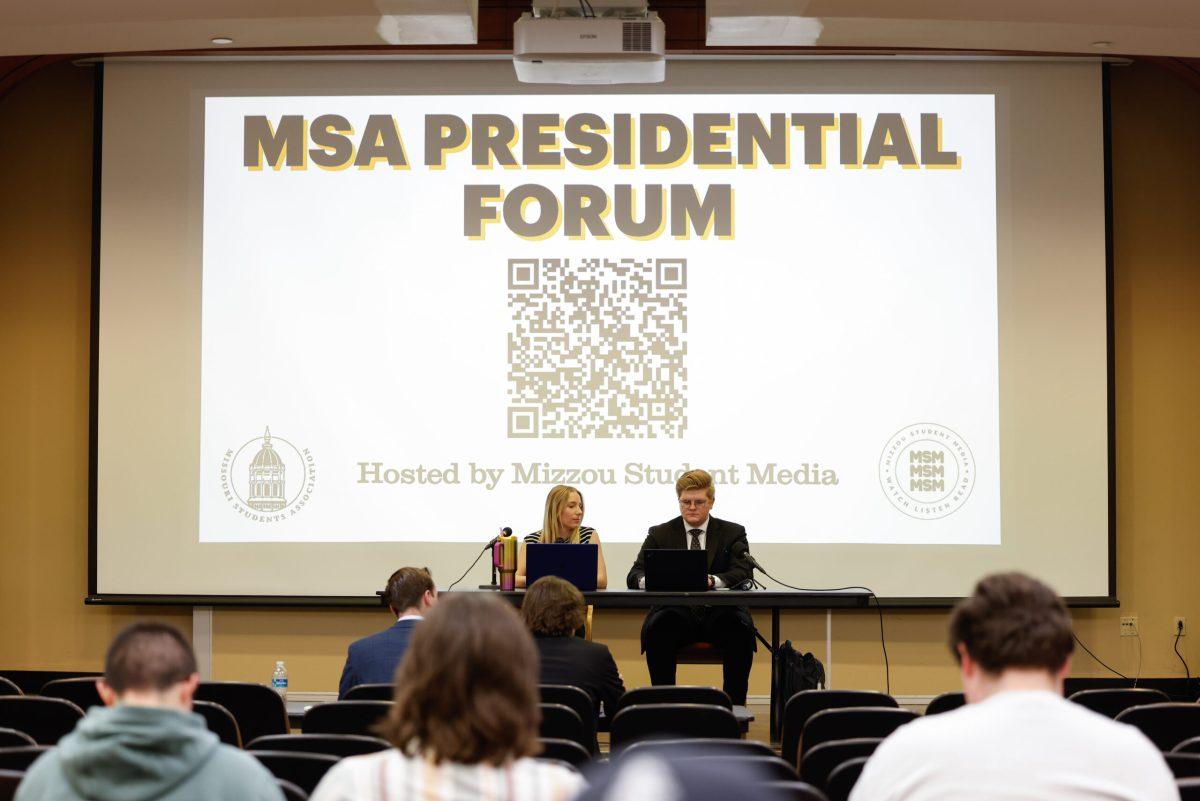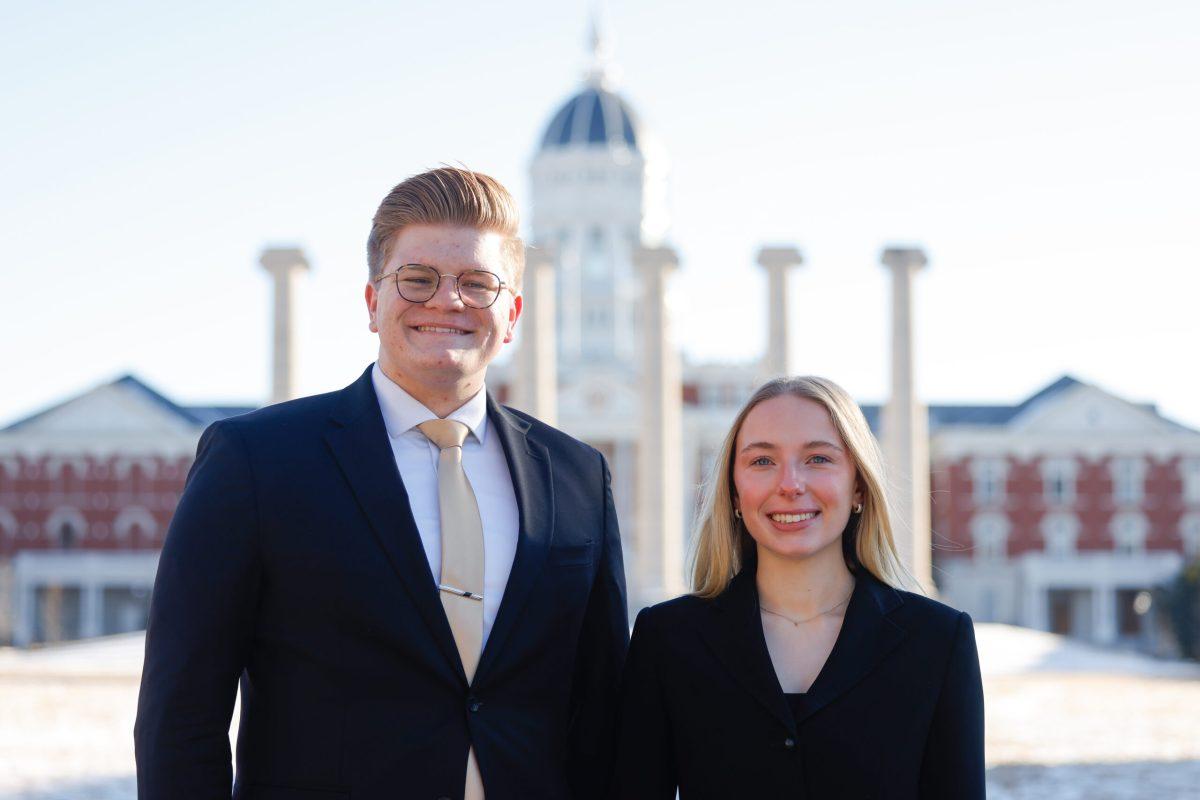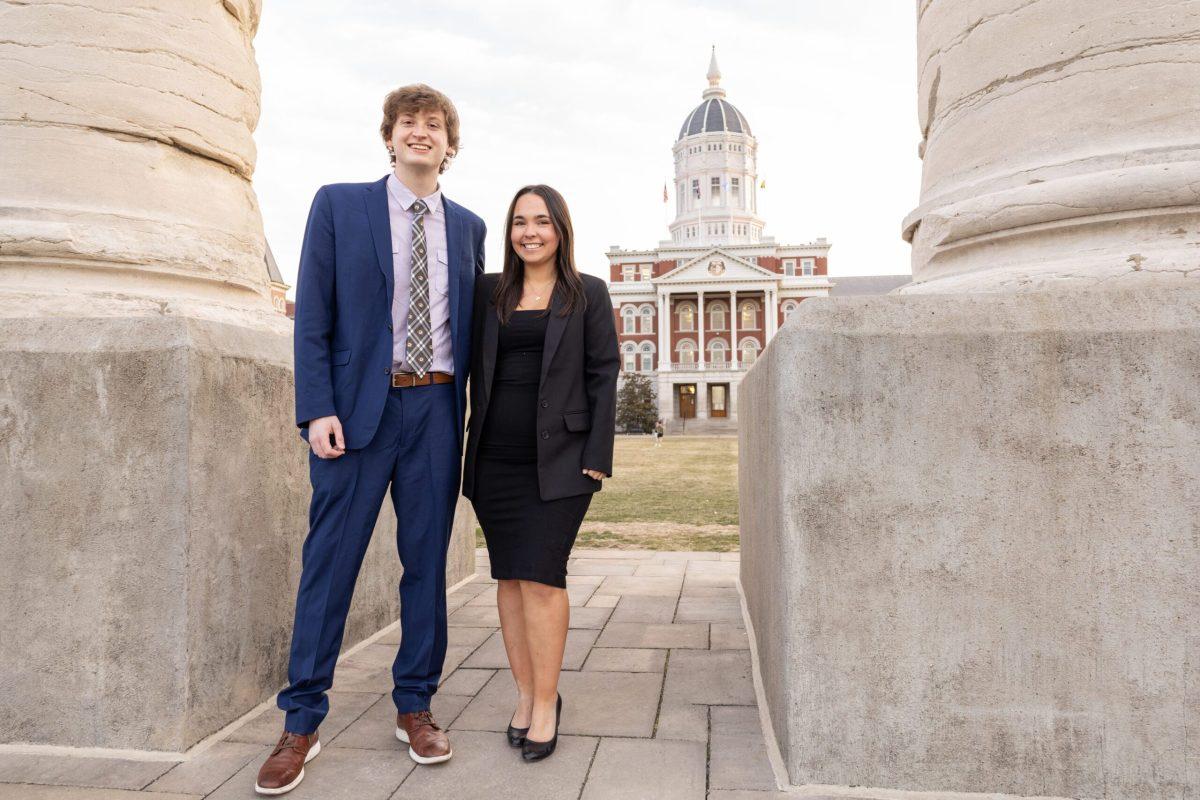Missouri Students Association sought to hold MU accountable for student health and improve transparency about the university’s COVID-19 procedures through the passage of Senate Bill 60-3 on Sept. 8.
The bill encourages MU to make testing more accessible, better enforce quarantine guidelines, revamp the Show Me Renewal dashboard to include positivity rate data and work consistently with student leaders. It passed during a special session with a vote of 19-0-1.
Mackenzie Beaver, senate speaker and author of the bill, said the university’s lack of action regarding student safety inspired her to write the bill.
“I had also been reading the experiences of my fellow classmates, seeing what they were going through, and knowing that we deserve better as students who pay for attending this university,” Beaver said.
One of the specific demands included in the published bill is the inclusion of positivity rate data on the Show Me Renewal dashboard. This data would detail the total percentage of positive cases out of all tests administered. Universities such as Radford University and University of Notre Dame include this information on their dashboards. Currently, MU only includes the positivity rate out of the entire student population. There is no information on how many tests are distributed on any given day.
“Having the positivity rate gives a more clear picture about what’s actually going on on campus,” Beaver said. “I know that it’s something that other schools have looked into and have started to do, and I would just like to see Mizzou follow in [those] transparent footsteps.”
The bill also emphasizes the inaccuracy of contact tracing, stating, “students are not being contacted when individuals they have been in contact with have tested positive for COVID-19, leading to an increased risk of transmission.”
MU’s Show Me Renewal site states that contact tracers will ask students who have tested positive to create a list of people they may have come in contact with. The tracers will then call and further instruct these “close contacts”.
According to a statement released on Aug. 27, MU hired 20 workers as case investigators and contact tracers. The university has not set any definitive timeline for the process. Some students have reported wait times longer than a week. Columbia/Boone County Public Health and Human Services advises its citizens to expect a 3 to-5 day wait time to be contacted by a local health department.
“The University of Missouri is committed to transparency and has invested valuable resources to ensure that the campus community has access to the latest numbers we have related to student, faculty and staff cases,” Liz McCune, associate director of strategic communications, said in an email. “We are only able to give a snapshot of what is happening in the campus community because of limited information–we report what information we are given by the county for students, and we share self-reports from faculty and staff.”
MSA is also making a habit of inviting administration to work with student leaders to find solutions that fit students’ wants and needs. Vice Chancellor William Stackman and Jamie Shutter, interim director of the Student Health Center, both attended MSA’s first full senate meeting this year. MU Chancellor and President of the UM System Mun Choi is invited to Full Senate on Sept. 29 to answer questions from senators and attendees.
Beaver expects more legislation soon regarding COVID-19 and other recent student concerns.
“If the university doesn’t take students’ concerns seriously, and they’re not listening to legislation that is passed in a civil sort of way, it’s sort of a question of ‘What do students have to do to be listened to by the university?’”
_Edited by Caitlin Danborn | [email protected]_













